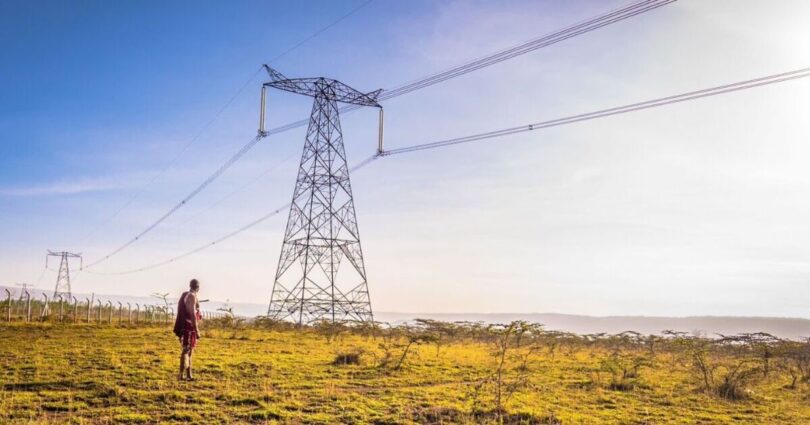Ethiopia and Kenya have come up with a way to solve any electricty issues and the two countries have done this by constructing the Ethiopia-Kenya Electricity Highway.
Renewable energy is stored to benefit the countries whenever they are in need for more electricity for its national grid.
Ethiopia produces all the power for its national grid from renewable sources and is home to the Grand Ethiopian Renaissance Dam, the largest hydroelectric power plant in Africa.
Over in Kenya, renewables make up 90% of electricity and found in the country’s Olkaria Area, it has one of the largest geothermal facilities in the world.
However, relying on renewable energy has its disadvantages which is the transferring of power between the two countries is an incredible idea.
When one country needs more electricity for its national grid and the other has a surplus, electricity automatically flows across the border, along 650 miles of transmission lines, in order that supply meets demand, reports CNN. The electricity highway official opened in 2023 after a decade of work and an investment of $1.2 billion (around £950 million).
Electricity consumption in both the countries is rapidly increasing, in Ethiopia, it quadrupled per capita between 2000 and 2022, whilst in Kenya is increased by 75% within the same period.
Despite this, many homes across not only Ethiopia and Kenya, but the wider continent have no access to electricity. The UN has targeted universal access by 2030 and therefore power sharing between neigbouring countries is a great initiative to achieve that aim.
Ethiopia’s electricity supply through the high has been a significant help for Kenya which has been importing 200 megawatts (MW) every day from its neighbouring country, equivalent to approximately 10% of the highest demand of Kenya’s national grid.
The interconnector is also major solution to the many power cuts that take place in not only Ethiopia and Kenya but many countries in East Africa. Though it may not resolve them completely, Alemayehu Wubeshet Zegeye, manager for Regional Power Systems Operations in the East African Region for the AfDB, shared it « absolutely will reduce the number of black outs. »
The Ethopia-Kenya Electricity Highway is part of a wider project for the Eastern African Power Pool (EAPP), a group of 13 countries brought together to meet rising demand for electricity and make sure the countries have backup supplies.
Source link








